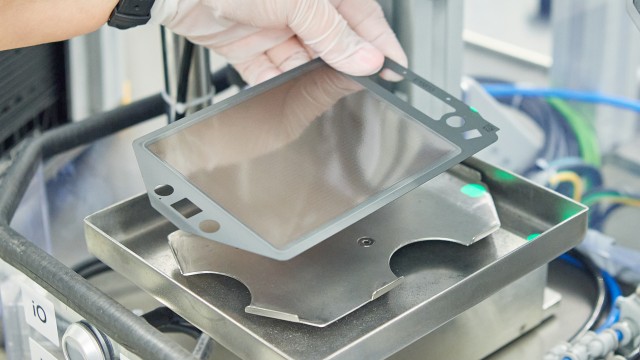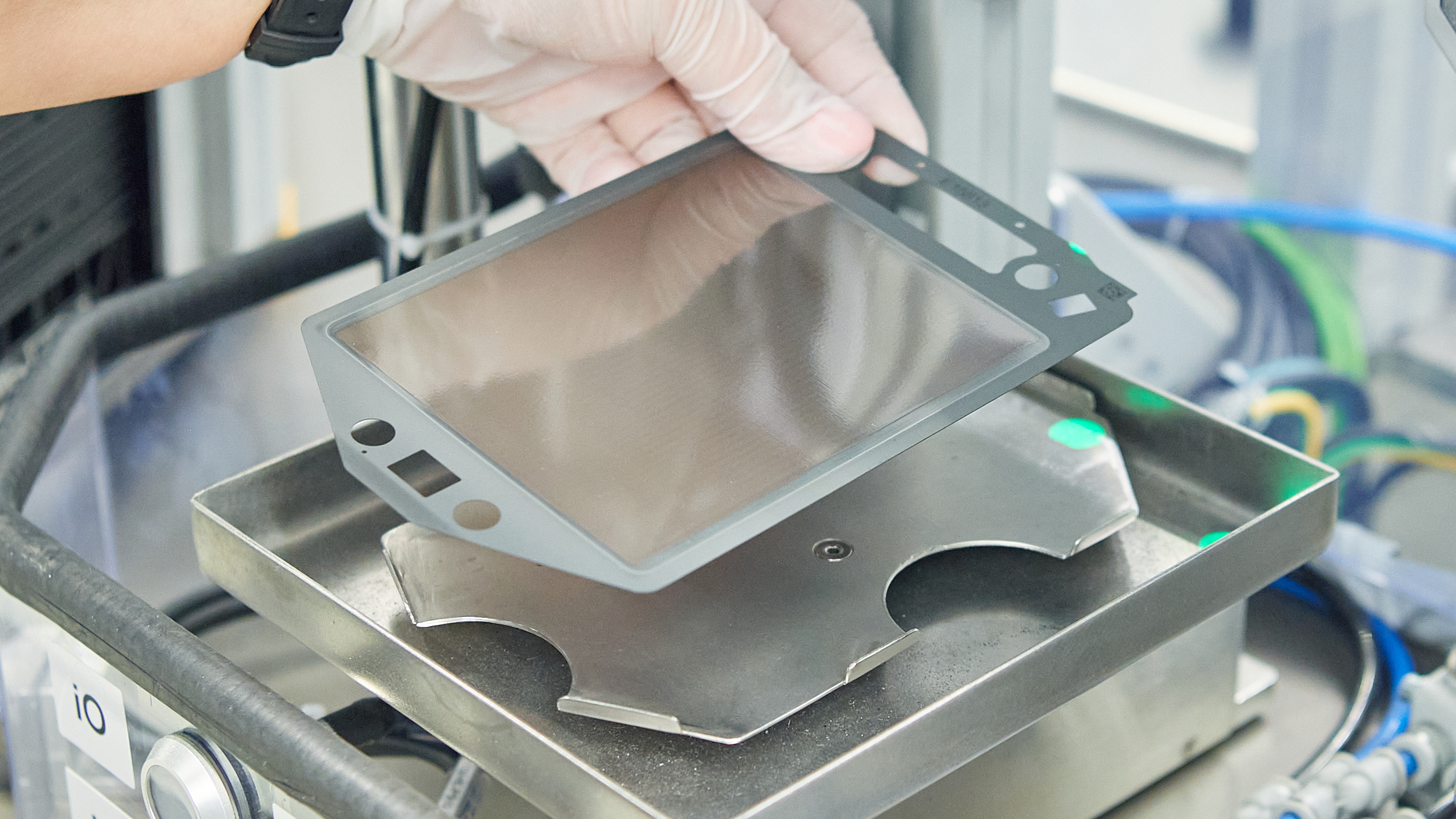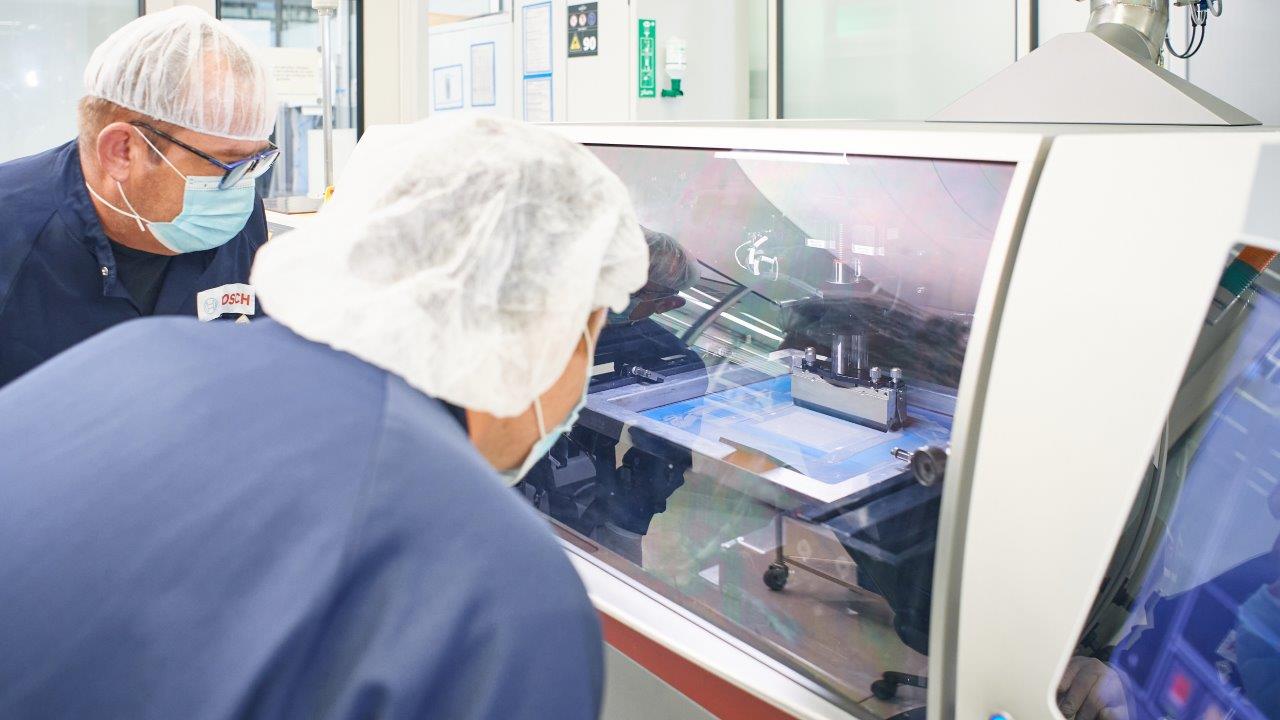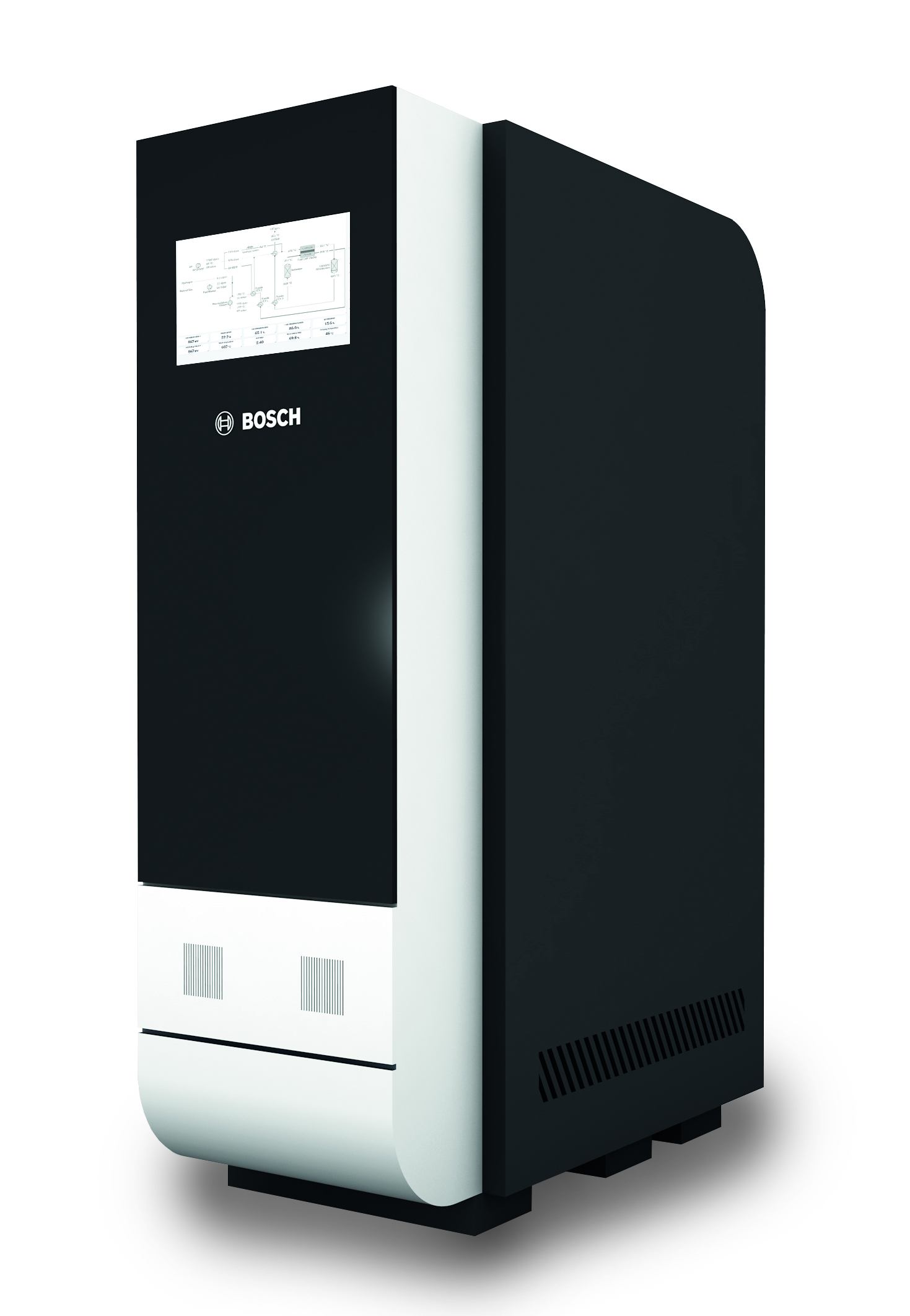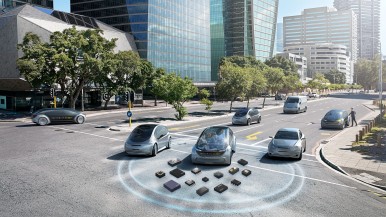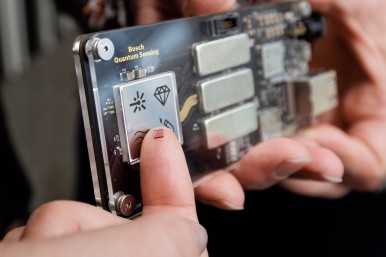Stuttgart, Germany / Horsham, United Kingdom – When it comes to stationary fuel cells, Bosch is stepping up a gear. In 2024, the supplier of technology and services intends to start full-scale production of distributed power stations based on solid oxide fuel-cell technology – hence the agreement to intensify its alliance with Ceres Power. Following a successful prototype construction phase, the two companies now want to press ahead, initially with the pre-commercialization process for stationary fuel cells. For SOFC systems, Bosch is aiming for an annual production capacity of some 200 megawatts. This is enough to meet the electricity needs of around 400,000 four-person households in urban quarters. Bosch is planning to produce the stationary fuel-cell systems at its manufacturing sites in Bamberg, Wernau, and Homburg, as well as its development sites in Stuttgart-Feuerbach and Renningen – and will invest hundreds of millions of euros by 2024. This means Bosch is positioning itself clearly as a systems supplier for stationary fuel cells with its own value creation in the cell and stack segment. One intended application of SOFC technology is in small, distributed, connectivity-enabled power stations, which can then be used in cities, factories, trade and commerce, data centers, and electric vehicle charging infrastructure. Bosch estimates that the market for decentralized power generation will reach a volume of 20 billion euros by 2030. A total of more than 250 Bosch associates are now working in this promising new field – 150 more than a year ago. “We see the highly efficient solid oxide fuel cell as an essential element of a sustainable energy supply. To bring it about, we are pooling Bosch expertise from across several divisions,” says Dr. Christian Fischer, the Bosch board of management member responsible for the Energy and Building Technology business sector. “With stationary fuel-cell systems, Bosch is establishing a new business field in which development, manufacturing, sales, and service come from a single source,” Fischer continued. “Together with our partner Ceres Power, we are now taking the next important step toward full-scale production.”
About Energy and Building Technology
The Energy and Building Technology business sector accounted for 4.6 billion euros, or roughly 9 percent, of total Bosch Group sales in 2014. It offers a wide range of products, solutions, and services for heating, hot water, ventilation, air conditioning, security, and building management, power generation, and energy storage. Bosch Energy and Building Technology encompasses the Thermotechnology and Security Systems divisions. The former is a supplier of resource-conserving heating products and hot-water solutions. The latter provides solutions for video surveillance, access control, voice evacuation systems, intrusion control and fire alarm systems, professional audio and conference systems, and services for remote surveillance and business process management. The business sector also includes Bosch Energy and Building Solutions GmbH, which specializes in services designed to improve the energy efficiency of commercial buildings, and Bosch Energy Storage Solutions, a provider of modular energy storage solutions.
Mobility is the largest Bosch Group business sector. According to preliminary figures, it generated sales of 55.9 billion euros in 2024, and thus contributed around 62 percent of total sales. This makes the Bosch Group one of the leading mobility suppliers. Bosch Mobility pursues a vision of mobility that is safe, sustainable, and exciting. For its customers, the outcome is integrated mobility solutions. The business sector’s main areas of activity are electrification, software and services, semiconductors and sensors, vehicle computers, advanced driver assistance systems, systems for vehicle dynamics control, repair-shop concepts, as well as technology and services for the automotive aftermarket. Bosch is synonymous with important automotive innovations, such as electronic engine management, the ESP anti-skid system, and common-rail diesel technology.
The Bosch Group is a leading global supplier of technology and services. It employs roughly 417,900 associates worldwide (as of December 31, 2024). According to preliminary figures, the company generated sales of 90.5 billion euros in 2024. Its operations are divided into four business sectors: Mobility, Industrial Technology, Consumer Goods, and Energy and Building Technology. With its business activities, the company aims to use technology to help shape universal trends such as automation, electrification, digitalization, connectivity, and an orientation to sustainability. In this context, Bosch’s broad diversification across regions and industries strengthens its innovativeness and robustness. Bosch uses its proven expertise in sensor technology, software, and services to offer customers cross-domain solutions from a single source. It also applies its expertise in connectivity and artificial intelligence in order to develop and manufacture user-friendly, sustainable products. With technology that is “Invented for life,” Bosch wants to help improve quality of life and conserve natural resources. The Bosch Group comprises Robert Bosch GmbH and its roughly 470 subsidiary and regional companies in over 60 countries. Including sales and service partners, Bosch’s global manufacturing, engineering, and sales network covers nearly every country in the world. Bosch’s innovative strength is key to the company’s further development. At 136 locations across the globe, Bosch employs some 86,900 associates in research and development, of which nearly 48,000 are software engineers.
Additional information is available online at www.bosch.com, www.iot.bosch.com, www.bosch-press.com.

